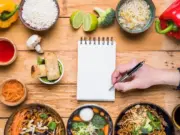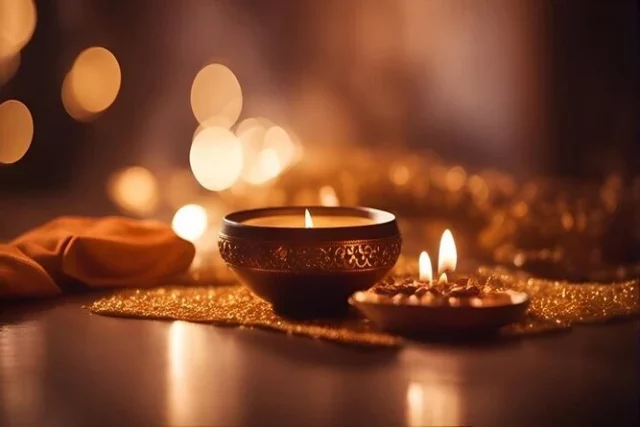Diwali, known as the Festival of Lights, is one of the most widely celebrated festivals in India and among the Indian diaspora around the world. This vibrant festival carries deep cultural and spiritual significance, marked by various customs and traditions that vary from region to region. One of the most cherished traditions of Diwali is the creation of rangolis. These intricate, colorful designs are crafted on the floors of homes and courtyards using materials like colored rice, sand, or flower petals. They not only serve as auspicious decorations but also symbolize the welcoming of prosperity and good fortune into the household. At the heart of Diwali celebrations lies the act of illuminating the surroundings. Homes are adorned with an array of traditional earthen lamps known as diyas, as well as candles and electric lights. This act of lighting symbolizes the triumph of light over darkness, signifying hope, positivity, and the dispelling of ignorance.
The religious aspect of Diwali is central to its celebration. Families gather for special puja ceremonies, offering prayers to Goddess Lakshmi, the goddess of wealth, and seeking blessings for prosperity and abundance. Sweets, fruits, and traditional delicacies are offered as part of the rituals, signifying gratitude and devotion. Diwali is also a time of giving and receiving. Families and friends exchange gifts, expressing love and appreciation for one another. Traditional Indian sweets like ladoos, barfis, and mithais are shared, adding a sweet touch to the celebrations. This exchange fosters a sense of closeness and strengthens relationships. While firecrackers have traditionally been a part of Diwali celebrations, there is a growing awareness of their environmental impact. Many regions now encourage eco-friendly celebrations, opting for noiseless crackers or completely abstaining from fireworks to reduce air and noise pollution.
Elaborate feasts are a quintessential part of Diwali celebrations. Families prepare an array of delectable dishes, both sweet and savory, showcasing the rich culinary heritage of India. From samosas and pakoras to sweets like gulab jamun and jalebi, the Diwali menu is a delightful culinary journey. In various parts of India, communities come together to organize cultural events and performances. These may include traditional dance forms like Bharatanatyam, Kathak, and folk dances, as well as music concerts and theatrical performances. These events not only entertain but also serve as a platform for cultural expression and exchange. The celebration of Diwali is a dynamic and multifaceted affair, reflecting the diversity and richness of Indian culture. Through rangolis, lights, pujas, exchanges of gifts and sweets, and various cultural events, Diwali encapsulates the essence of togetherness, gratitude, and the triumph of light over darkness. While customs may evolve, the spirit of Diwali remains a source of unity and joy for people worldwide.










































